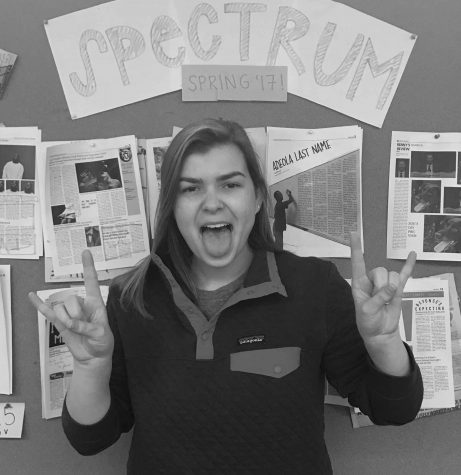Catcalling: verbal harassment
It is not a compliment
In the last few months, a video highlighting the effects of street harassment, or catcalling, on one woman in New York City became the focus of people around the world. Catcalling is defined as “[making] a whistle, shout, or comment of a sexual nature to a woman passing by” (Google). This video, titled, “10 hours walking in NYC as a woman”, was made by an organization named “Hallaback!” which promotes the fight to end street harassment.
The video gave outsiders on the issue of catcalling a view into one woman’s daily struggle with it. It demonstrated that catcalling is not only tremendously prevalent, but it is also a representation of how our society views women. This video is not without opposition, however, and many people took into question who made the video, their intentions and even argued that catcalling doesn’t exist in reality. However, we, as a community, should not be arguing these irrelevant specificities, when the actual problem, catcalling, needs attention. One man, named Steve Santagati, who appeared on CNN, said “the bottom line is this, ladies. You would not care if all these guys were hot”. This man, whose opinion is not alone, did not take into account the way that women all over the country feel about catcalling. It is almost unanimously agreed on to be hurtful and objectifying by women.
The woman who appeared on CNN with the same man, Amanda Seales, argued: “what your problem is, as a man, is that you really should just be embracing and welcoming to the fact that women are saying, ‘hey we don’t like this’, not arguing why we shouldn’t. If we say we don’t like [catcalling] and we are demonstrating that, then you should actually, as a man… be saying, ‘well let’s discuss this and make you all feel more comfortable.’” Seales is exactly right. If one population of people dislikes what another does to them, shouldn’t we welcome those opinions rather than say they’re illegitimate?
Although catcalling is a largely entwined issue in a patriarchal society, there are steps that we can take to make our streets more welcoming to women. Catcalling comes from the belief that women’s bodies are not solely their own, and that anyone can comment on them freely. Catcalling comes from the idea that women are sexual objects, and can be therefore treated like objects. Catcalling comes from generations of this treatment, and I, personally, will not stand for it any longer.
However, catcalling will not end with women standing up for themselves individually, because standing up to harassers has often been faced with violence and sexual assault. This detrimental cycle of women’s silence when being harassed on the street is what sustains catcalling. This cycle must be broken to relieve women of this harassment, and allow them to walk freely on the street.

Hello! It's me, your trusty Editor-in-Chief. I have been an editor since the spring of my Sophomore year, and I haven't looked back since. I have edited...








